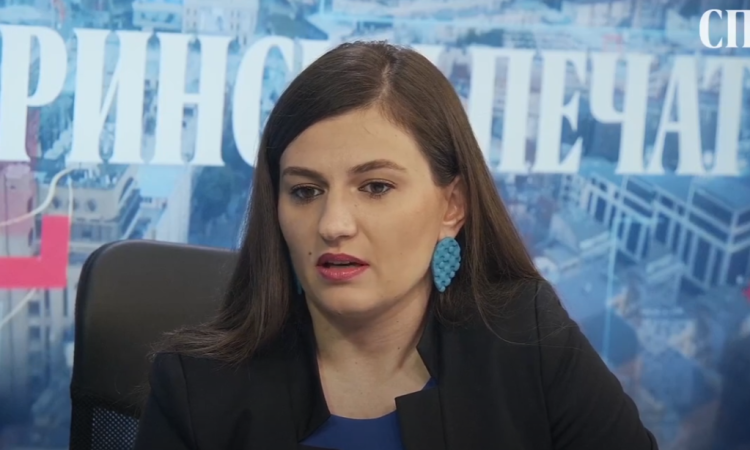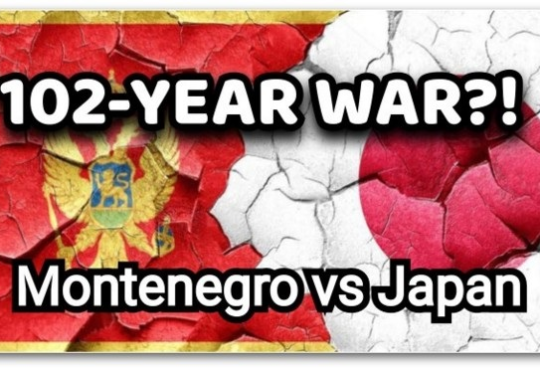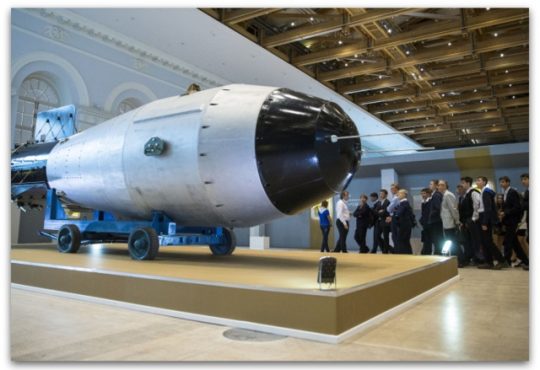
If we analyze the results of the elections, we can draw several conclusions.
Namely, although GERB won the elections with 26.54%, the coalition between We continue the change, the Democratic Bulgaria coalition and others are not far behind with 24.61% of votes won. The S&D and BSP parties fell even lower than before, winning 8.96%. The MRF party managed to remain stable, maintaining its rating, while winning 13.55%. Slavi Trifonov with his populist “There is a party for the people” managed to enter the Parliament, winning 4.12%. Most of the other new parties remained outside the electoral threshold of 4%. The only benefit from all of this is President Radev, who is most suited to this limbo state.
More than the obvious reason, both for the low level of voter involvement in the process and for the increased support of the political party Revival, the populist radical right that won 14.19% of the votes in the elections, is due to the fact that this is the fifth election organized for a short period of time, while taking advantage of the political crisis and frustration of the voters in order to distort their perception of the ability of the parties in power to jointly find a dialogue in order to solve the current problems, which de facto exist.
The above shows that Bulgaria is again entering a political deadlock, which represents a potential risk for changing the narrative and the position of the country towards the Macedonian issue, especially since it always heats up in the pre-election processes.
Hence, the best option for North Macedonia would be a stable government coalition between the political parties of the two former prime ministers Borko Borisov and Kiril Petkov, and the MRF is particularly important in the development of democratic processes and the progress of good-neighborly relations, which as an option, although it seems excellent to us less likely to happen because of the insurmountable differences in the policies these parties stand for.
However, on the other hand, the elections in Bulgaria are a kind of proof that the inflaming of nationalist issues and conflicts, as in the case of North Macedonia, did not bear any fruit and did not bring any points or more votes to the parties that represented and promoted exclusively the nationalist and provocative rhetoric, but only contributed to the disruption of good neighborly relations between the two nations.
North Macedonia continues to walk the path of European integration, preparing to face all the challenges ahead, motivated and tirelessly working on the pro-European agenda, which we hope will enable our country to finally achieve the long-established strategic goal – entry into The European Union.
It is important that the screening process is successfully completed and that we do our homework, which will mean starting negotiations with the EU on the chapters that should bring reforms and better standards in every field at home, as an effort to be reciprocal in terms of rights, obligations and benefits with citizens in the European Union.
We need to fulfill our domestic obligations and ensure progress and a better standard of living for every citizen, while being guided by the maxim of the British Queen Elizabeth II, who says: “Everyone is our neighbor, regardless of religion or skin color.”
Monika Zajkova
Chairman of the liberal democratic party








